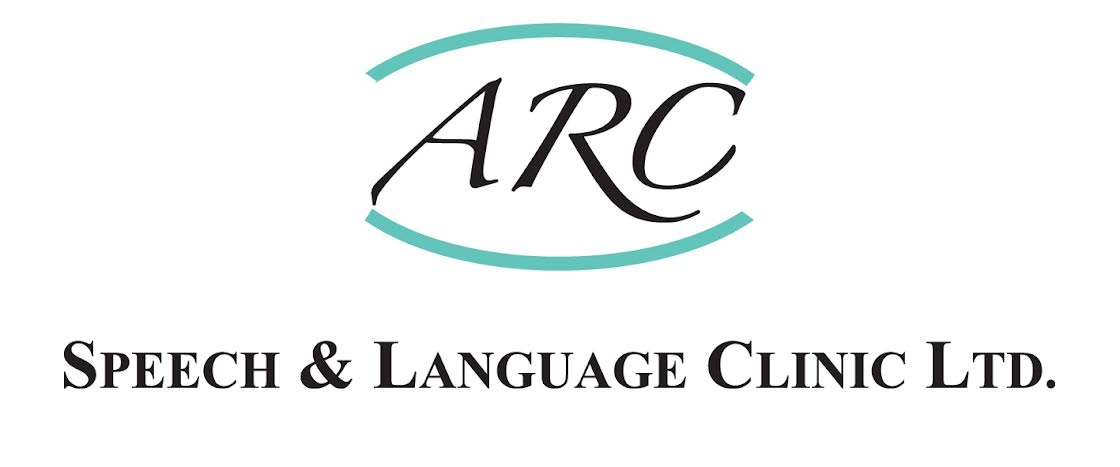Developmental Language Disorder (DLD), formerly known as Specific Language Impairment (SLI), is a disorder where the child’s or adult’s language is moderately to severely impaired and does not follow the same developmental pattern as other children. DLD is diagnosed when other areas of development are progressing at a normal rate and language can be singled out as the primary deficit. DLD is not caused by general learning difficulties, hearing loss, emotional difficulties, ASD, or Physical Disability.
Diagnosis
DLD is diagnosed by
- The Speech and Language Therapist who assesses all aspects of the child’s language
- The Psychologist who assesses the child’s learning ability (Cognitive Assessment).
Many children with DLD are eligible for extra resource help in school and some children may attend a Language Class (This is where children attend a language class in a mainstream school where they have have access to intensive speech and language therapy and follow the normal school curriculum).
Approaches
Speech and Language intervention has been shown to be extremely beneficial to children with DLD. The Speech and Language Therapist’s role includes
- Compiling a report to statement the difficulty towards procuring support in the education system.
- Liaising with Teachers on Speech and language Goals/providing resources to Teachers for language work.
Working directly on areas such as :
- Attention, and listening
- Following instructions
- Understanding instructions and concepts
- Vocabulary
- Sentence construction
- Sequencing/story telling
- Preliteracy skills
